How to Keep Your Pool Clean When You’re Not Using It
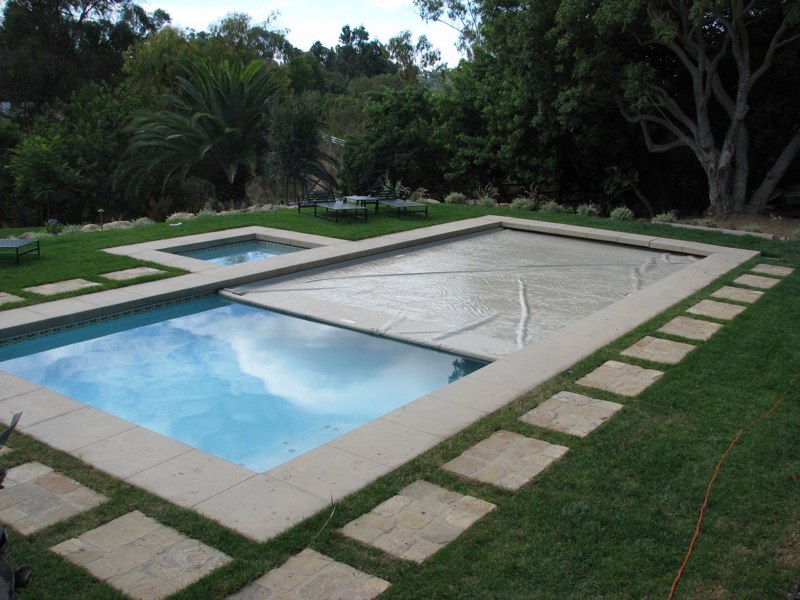
Winter is coming! Here’s how to winterize your pool for the long, cold season to come!

Photo: Underguide Disguided Lid
One of the worst tasks that starts as early as the first leaves start falling off is maintaining your pool. Even if you don’t experience freezing winters later on, pool maintenance is still required both during the fall and winter, the seasons when you’re not using the pool.
Leaving your pool as it is until the next swimming season is out of the question. If you want your pool to last you have to take care of its upkeep even during the days you’re not using it. Even if you outsource this chore to professionals like Payan Pool Services, there are still some things you should pay attention to if you want your pool to last you a long time.
Here are some maintenance basics you have to check off your winter pool maintenance list:
Clear the Debris
You can still create a winter wonderland in your backyard even if your pool is closed. First things first – clean it out! Use a special net with a long handle to clear the pool’s surface once every couple of days. It is one of the easiest ways to keep your pool neat. Removing the debris will help the circulation system work properly. Your pool will also require less chlorine. Also, make sure to clean the strainer baskets at least once a week for the same effect.
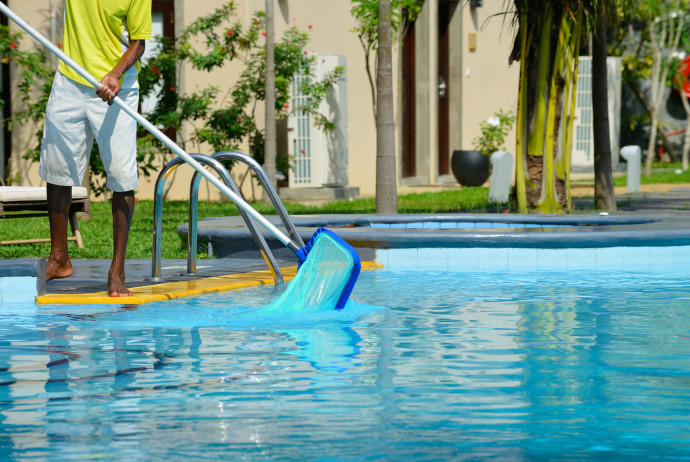
Photo: Blythe Pools Inc
Clean the Filter
Before you do anything, consult the manufacturer’s manual for the proper way of maintaining your filters. What most owners don’t realize is that having a thin layer of dirt on your filter actually helps collect other particles. But leaving the filter messy for too long can interrupt the flow of water. So make sure to clean the filter once in a while, but not overdo it either.
Inspect the Circulation System
The circulation system is comprised of the filter, drains, pump strainer, pump and the skimmer. This system helps the chemicals in the pool are evenly distributed and the water is properly filtered. Therefore, make sure to run the pump for at least an hour every day to make sure the filtration system is properly working and every element of the circulation system is in good shape.
Keep the Water Level in Check
Due to evaporation as well as constant use the water levels in your pools are inevitably going to drop. Make sure to add more water to bring the water back to the required level. If you ever need to completely drain the pool, for example, if you plan on renovating it, make sure not to leave it empty for too long as a drained pool may pop out of the ground.
Another important thing to check before winter takes hold is if the water level is dropping, which means there is a leak. Depending on the severity of the leak it might be difficult to determine whether the cause for the drop is evaporation or a possible leak. In this case, the best thing to do is seek professional help, as a leak in your pool can do a lot of damage around your home.
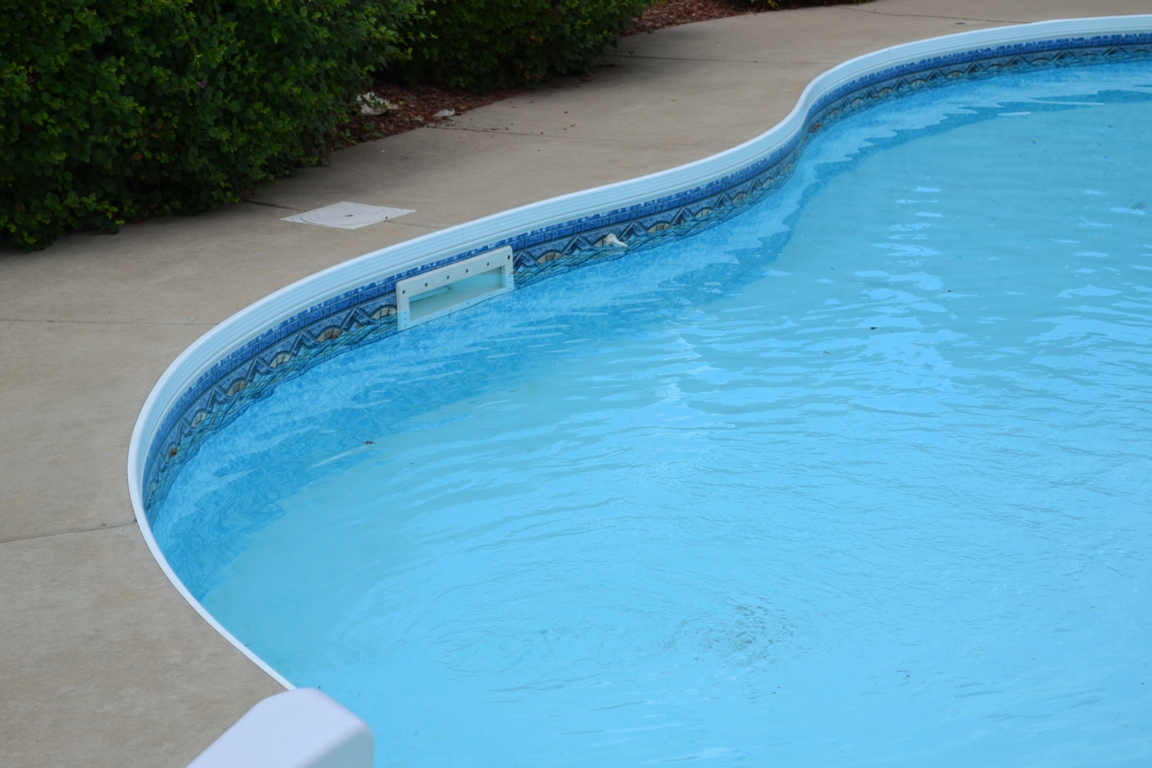 Photo: Ask the Pool Guy
Photo: Ask the Pool Guy
Keep the Proper Chemical Levels
You should test the water in your pool on a regular basis to make sure it’s healthy and clean. The pH levels should be anywhere between 7.2 and 7.6. The alkalinity should be 80 to 120 parts per million, while the chlorine should be 1 to 3 per million.
Superchlorinate the Water
When organic contaminants interact with the chlorine they form chloramines, which give your pool a harsh odor. To prevent this from happening you should add a large amount of chlorine to your pool to eliminate the smell. Alternatively, you could consider adding salt water to your pool, as it eliminates the need for chlorine completely. You can read more about it here:
Vacuum and Brush
In order to decrease the amount of chemicals, you need to add make sure to vacuum the pool once every week. Use a stiff or a soft bristle for plaster or vinyl and fiberglass pool walls respectively. This will help get rid of calcium deposits and algae buildup.



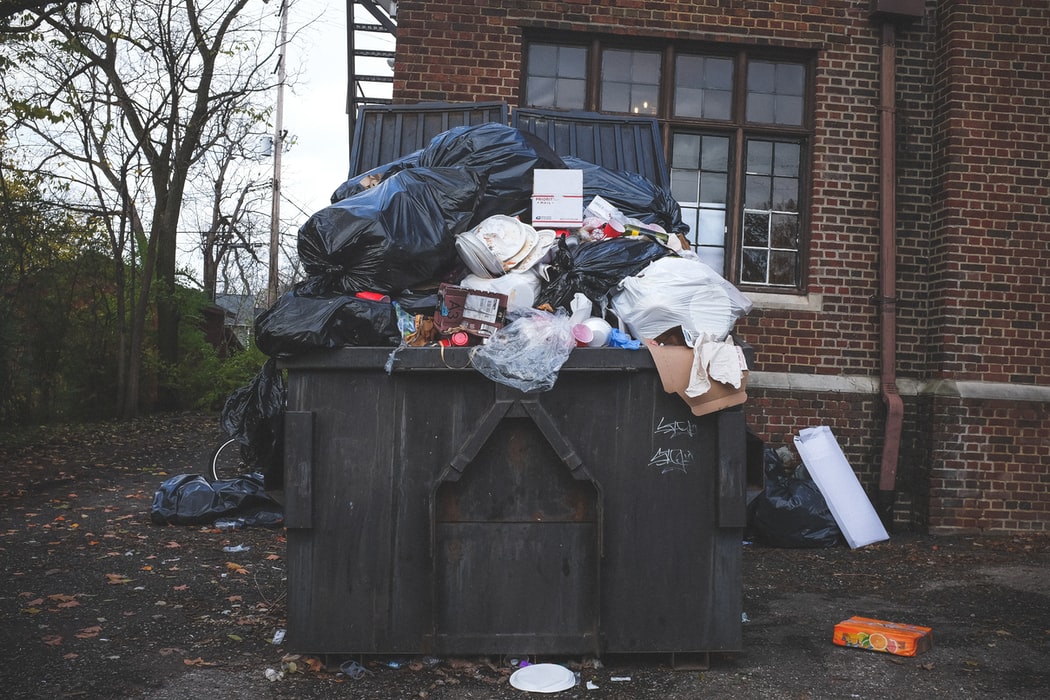
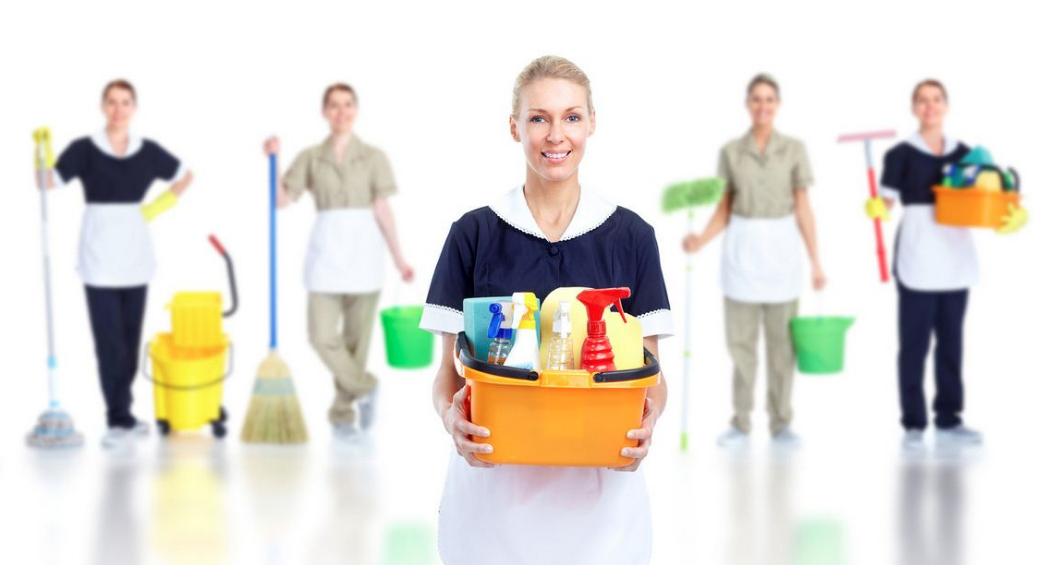


Leave a Comment